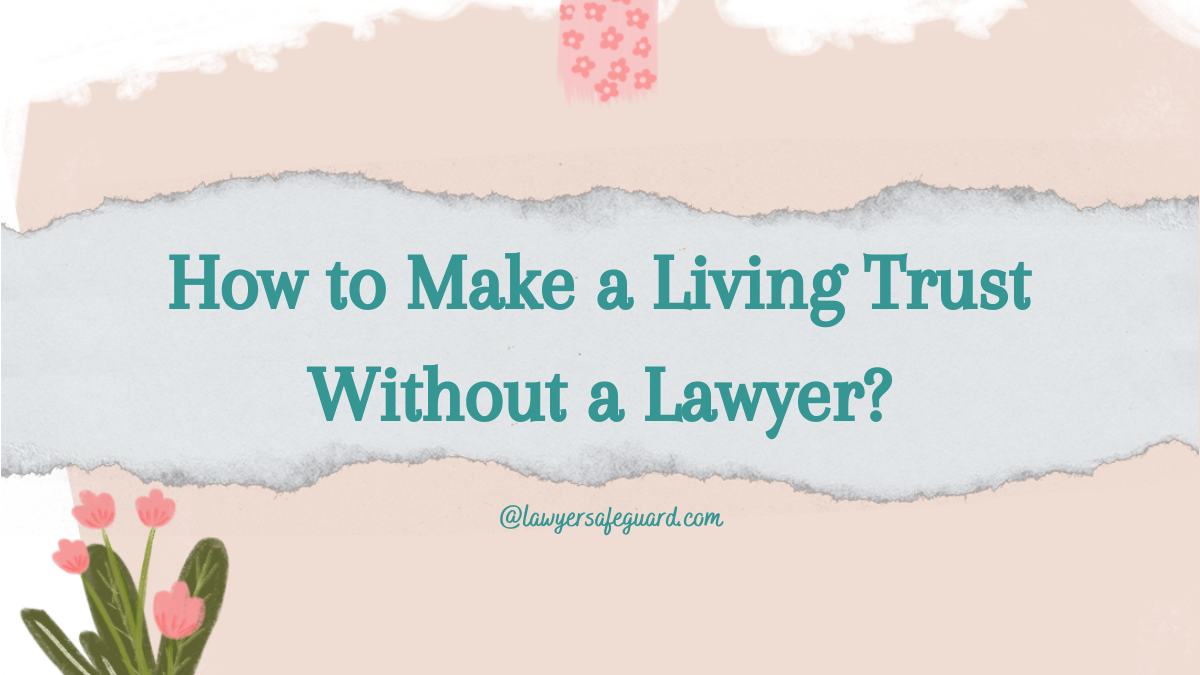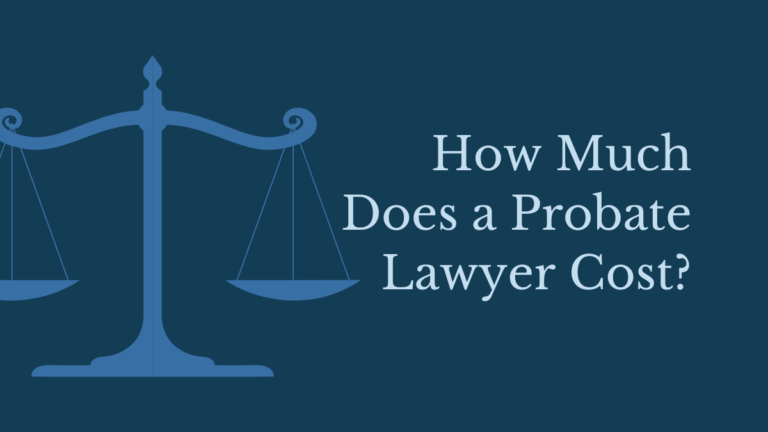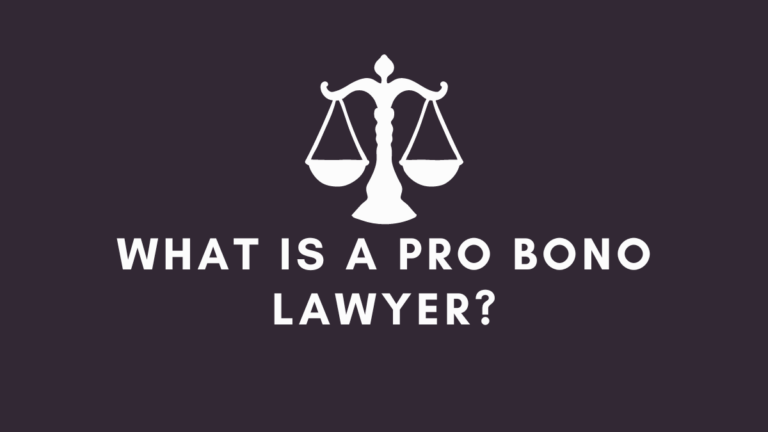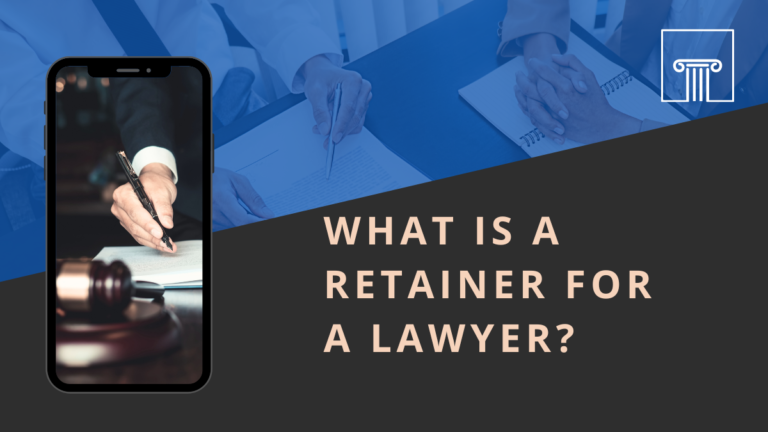How to Make a Living Trust Without a Lawyer?
Welcome, savvy readers. Are you ready to take control of your financial future and protect your loved ones. Today, we’re diving into the fascinating world of living trusts – specifically, how to create one without the hefty fees of a lawyer.
With our step-by-step guide, you’ll discover the secrets to crafting airtight legal documents that safeguard your assets and ensure an effortless transfer of wealth. So grab a pen and join us on this empowering journey towards securing your legacy. Let’s unlock the mysteries behind making a living trust without a lawyer.
What is a Living Trust?
A living trust is a legal document in which you create a trust for the benefit of yourself or another person. The trust becomes a living entity, meaning that it continues to exist even if you die. This type of trust can provide significant benefits, including avoiding probate and saving tax dollars.
To create a living trust without a lawyer, follow these steps:
- Download and complete the Living Trust Declaration Form [PDF].
- Make copies of the form and file them with your state’s court system.
- Draft an original will in accordance with your state’s law. If you don’t have a will, you can use a Living Will as explained below.
- Share the draft will with any designated beneficiaries you want to include in your trust (spouse, children, parents, etc.).
Types of Living Trusts
There are a few different types of living trusts, each with its own advantages and disadvantages. Here is a brief overview of each:
- Revocable trust: This type of trust can be amended or revoked by the grantor (the person making the trust), at any time. This flexibility may be useful if you want to make changes to your trust arrangement, but don’t want to go through the hassle and expense of having a lawyer update it. However, there is one downside to this type of trust: if it’s not properly updated or if something goes wrong with it, you could end up owing money to the trust’s beneficiaries.
- Irrevocable trust: This type of trust cannot be amended or revoked. This might be a good choice if you don’t need flexibility and prefer certainty about your trust arrangement. However, irrevocable trusts are less common and may cost more than revocable trusts.
- Discretionary trusts: These types of trusts allow you to specify how your assets will be used after you die. You can choose to have your assets distributed automatically (by the trustee), according to a predetermined plan, or retained by the trustee for your personal use (in which case they will earn income for you). Discretionary trusts can be more complicated to set up than other types of trusts, but they offer greater control over your estate planning.
How to Make a Living Trust without a Lawyer?
There are many ways to create a living trust without the help of a lawyer. Some people choose to do it themselves, while others hire an attorney to help them create and administer their trust. Regardless of how you go about creating your trust, there are some important things to keep in mind.
First, make sure you have a good understanding of what a living trust is and how it works. A living trust is a legal document that allows you to control and manage your finances while still retaining the protections of the law. You can use a living trust to save money on estate taxes, protect your assets from creditors, and more.
To create your own living trust, you will need some basic documents such as an original copy of your birth certificate or passport, copies of any wills or trusts you may have already created, and documentation that proves you are financially stable enough to handle the responsibilities associated with owning property through a living trust. If you want an attorney to help create and administer your living trust, be sure to talk with them about what specific steps need to be taken in order for the trust to be effective.
Benefits of a Living Trust
A living trust is a trust that allows you to maintain control of your assets while still allowing for their distribution according to your wishes. The benefits of a living trust include:
- You can avoid probate, which can be a time-consuming and expensive process.
- Your assets are protected from creditors and other individuals who might want to take advantage of you during your lifetime or after your death.
- You can appoint someone to manage your finances and make decisions on behalf of the trust if you become incapacitated or deceased.
- You can modify or revoke the trust at any time without penalty.
Disadvantages of a Living Trust
There are a few disadvantages to creating a living trust without the help of a lawyer. First, it can be more difficult to make changes to the trust if you need to down the line. Second, if there is a dispute about who owns or control of assets within the trust, a court may have to step in and make a judgment. If you want to revoke or amend your trust, you will need the written agreement of all trustees, rather than just one.
Conclusion
If you are considering forming a living trust but don’t want to go through the hassle and expense of hiring a lawyer, there are several things you can do on your own. This guide will outline the steps necessary to create a living trust without a lawyer, and we will also provide some tips on how to make sure the trust is set up properly. Ultimately, whether or not you choose to use a lawyer to create your living trust is completely up to you, but our guide should help ensure that the process goes as smoothly as possible.






